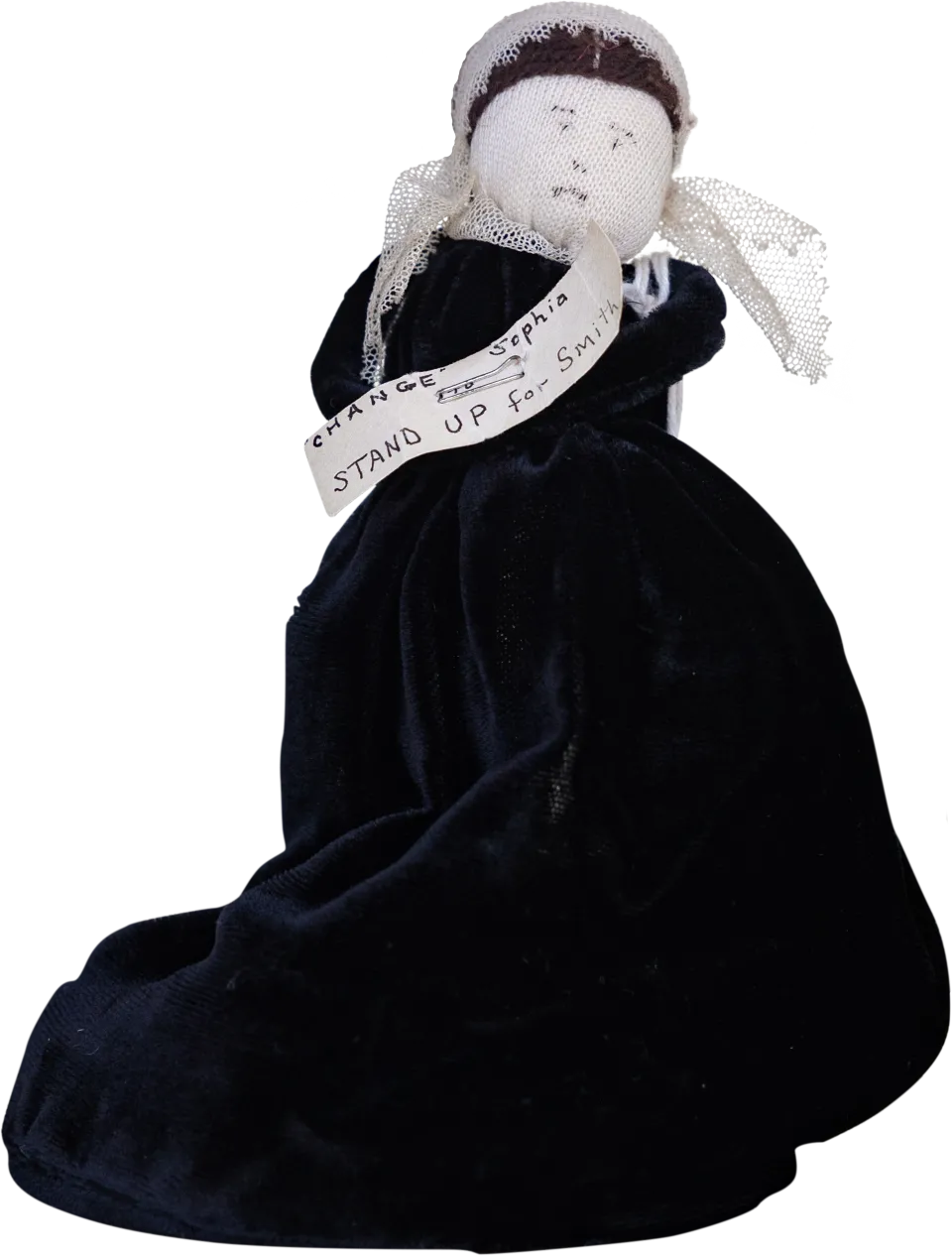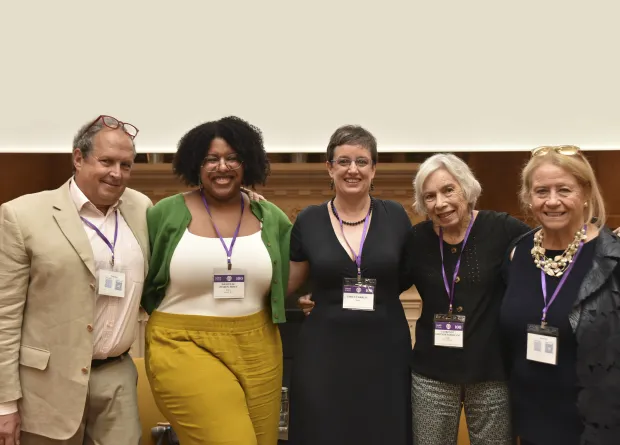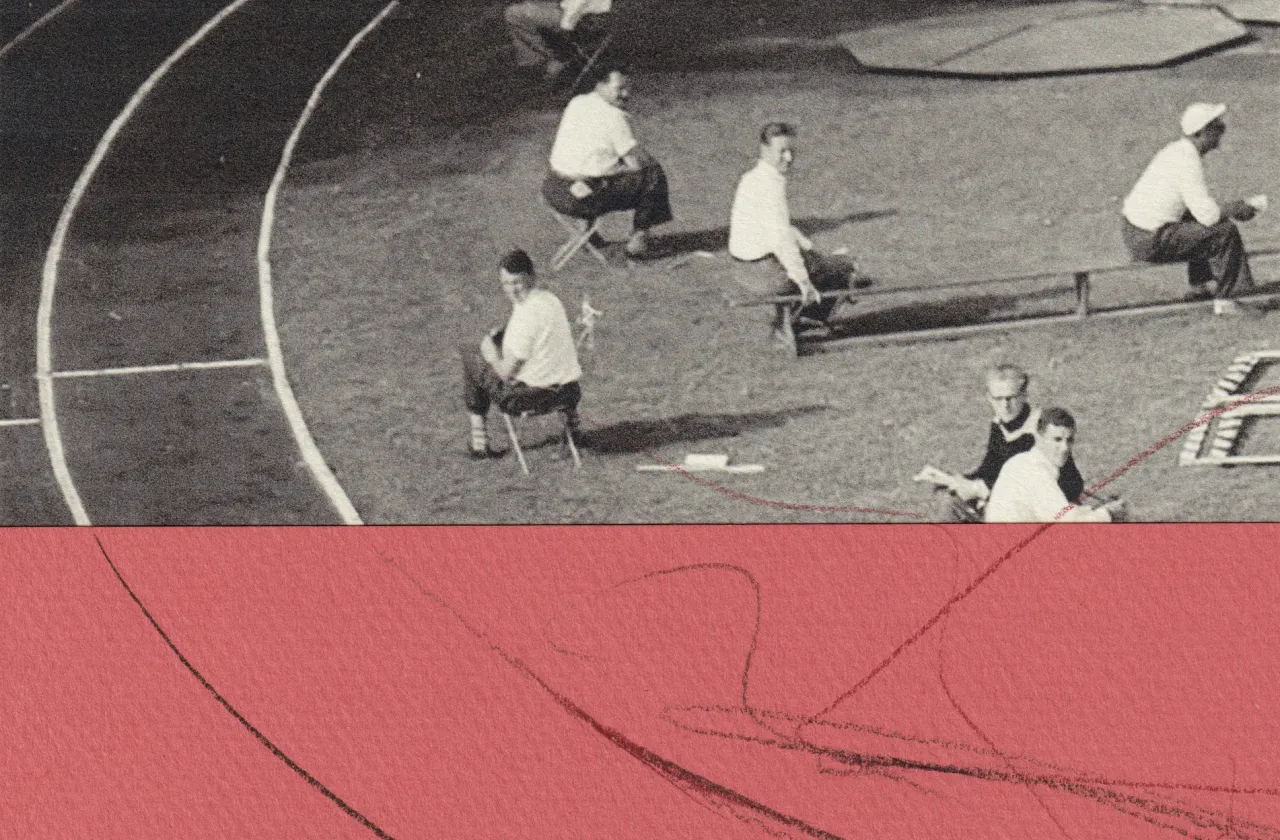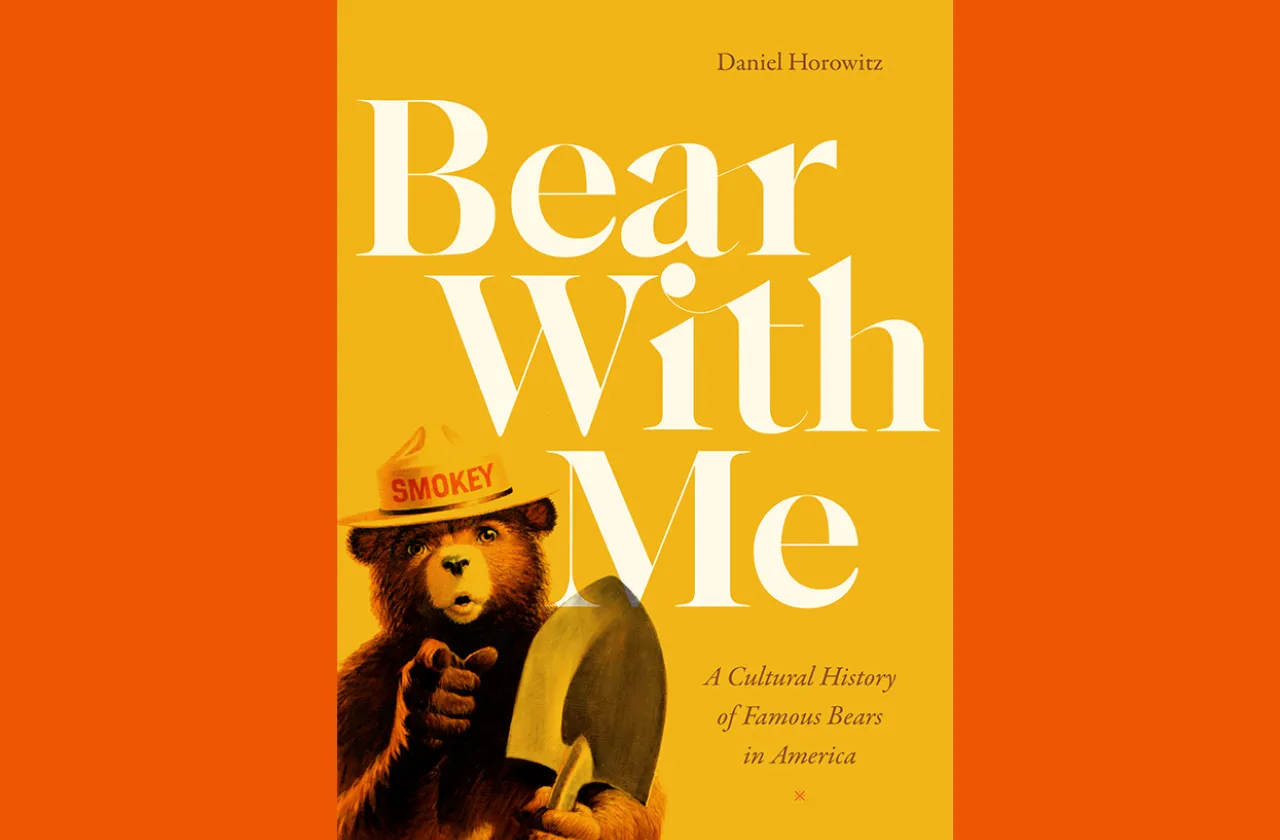Smith Quarterly
“When I started the book at age 85, I would never tell my age,” she says. “When I finished the book at nearly 87, writing it had changed me completely, and I was ready to accept it.”
Scene
Favorites: Smithie Stuff We Love
For more Smithie stuff we love this fall, check out the full list.
Have you written a book? Made a movie? Created a fashion line? Or had a hand in another creative pursuit? Submit your project to be considered in a future Favorites column!
Data Point

Archetypes: Exploring Smith College Special Collections


You Had to Be There
Biological sciences professor Robert Dorit stands with, from left, Danielle Julien Trice ’14, Emily Farrell ’99, Florence Gertner Fabricant ’58, and Ann Sanford ’75. They spoke on a panel at a June conference titled A Century of Smith in Paris: Bridging Worlds 1925–2025, held in honor of the 100th anniversary of Smith’s junior year abroad in Paris program.
Here we spotlight some of the most dynamic and engaging photos submitted by Smithies and give a short description of what was happening when the flash went off. All submissions will be considered, with one image selected each quarter. Submit a class note or email classnotes@smith.edu to participate.
Don’t Call Them Dorms
Issue Archive
Scroll down and click on the cover of your choice, and click again to open the flipbook. For additional instructions, refer to the How to Use Our Digital Edition PDF. Mobile users: Visit the mobile site for the best experience.
Past Reads
Check out some articles from past issues of the Smith Quarterly to see how members of the Smith community have been working to push the world forward.

















